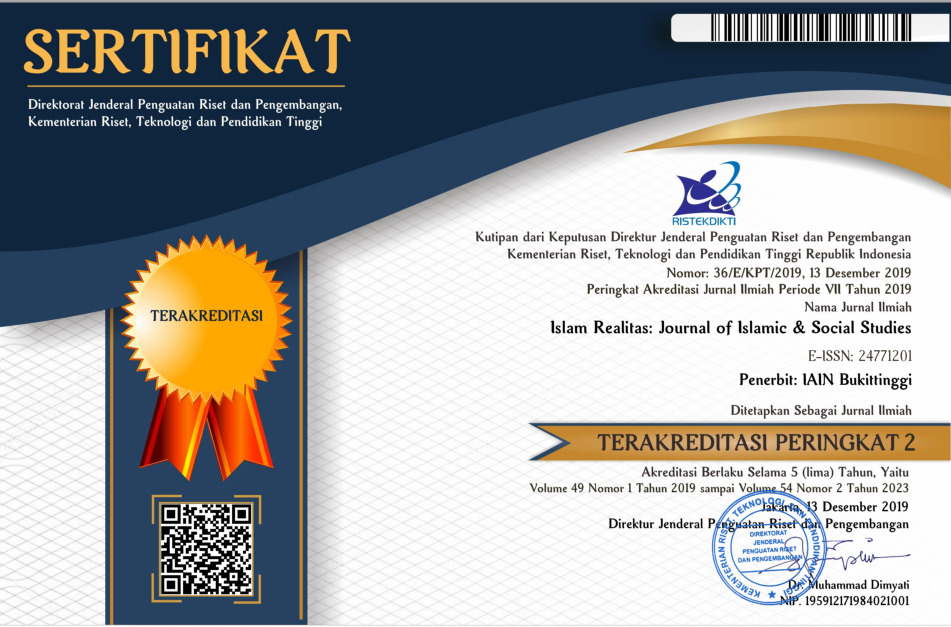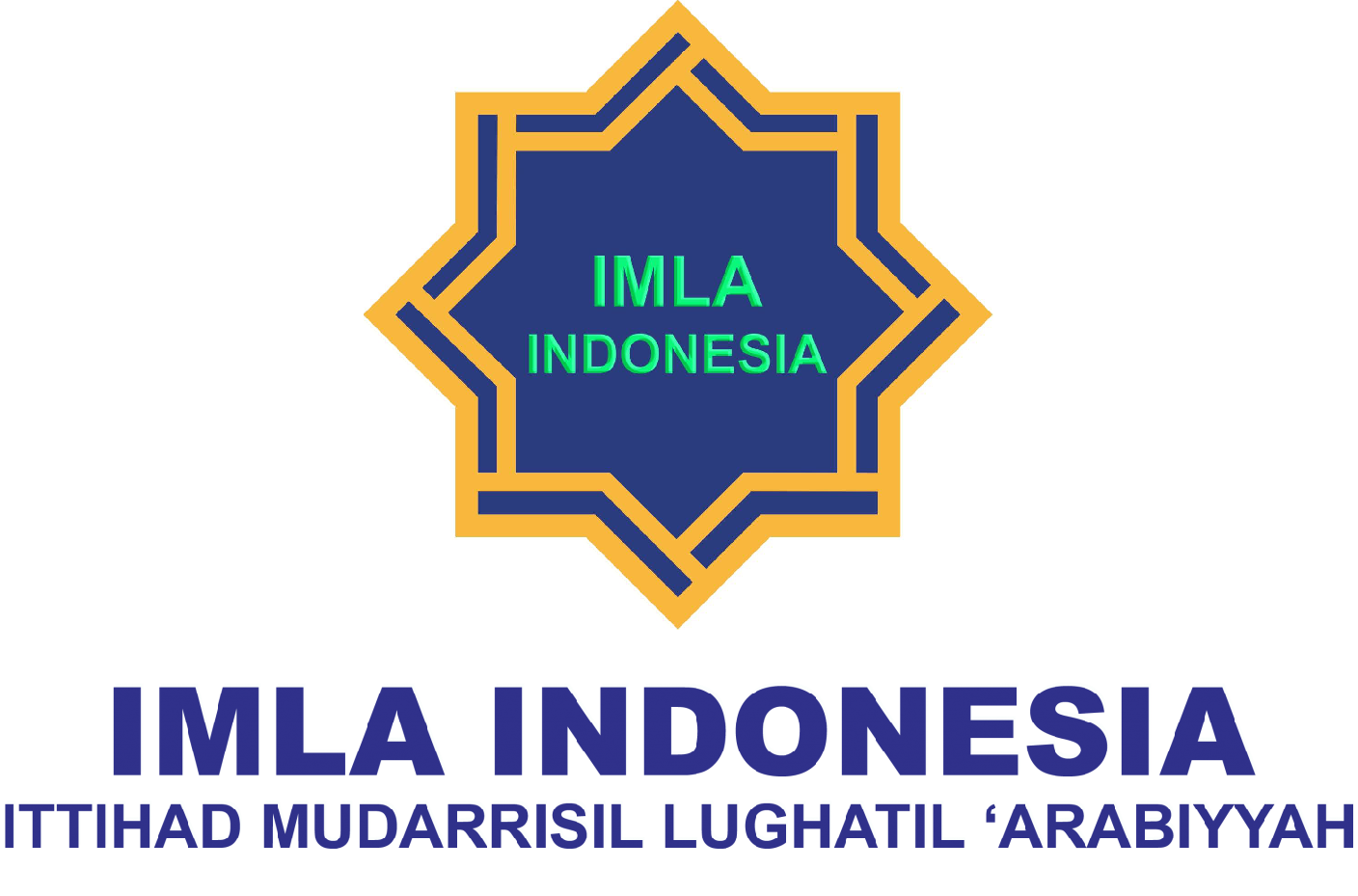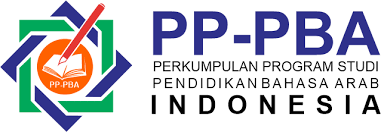Arabic Lexicology: Systematics of Compiling an Arabic Dictionary and Its lexicologists
DOI:
https://doi.org/10.30983/huruf.v1i1.4923Keywords:
Lexicology, Systematic Compilation, Lexicologists, ArabicAbstract
This article discusses the Arabic codification process, the systematic compilation of Arabic dictionaries and the stories of Arabic lexicologists and their works from time to time. This study uses a library approach, with data collection techniques through reviewing and searching for library materials from books, journals and other relevant sources. The data collected were analyzed by the text study method with the aim of describing the content in detail and aiming to find out the contribution of dictionaries to the development of lexicology, how the process of compiling dictionaries was carried out by lexicologists, and the characteristics of dictionaries from time to time with their advantages and disadvantages. The results are: 1) The dictionary as a reference book in finding the meaning of words is certainly very helpful in the development of lexicology. 2) Lexicologists in producing dictionaries have struggled so hard, tirelessly, traveling from one corner of the village to another to get and understand the meaning of a word. 3) The works of lexicologists with various systematics of compiling dictionaries have characteristics with their respective advantages and disadvantages which are a major contribution to the development of lexicology as part of linguistics, especially Arabic linguistics and literature.
يناقش هذا المقال عملية تدوين اللغة العربية والتجميع المنهجي للقواميس العربية وقصص علماء المعاجم العربية وأعمالهم من وقت لآخر. تستخدم هذه الدراسة نهج المكتبة ØŒ مع تقنيات جمع البيانات من خلال المراجعة والبØØ« عن مواد المكتبة من الكتب والمجلات والمصادر الأخرى ذات الصلة. تم تØليل البيانات التي تم جمعها باستخدام طريقة الدراسة النصية بهد٠وص٠المØتوى بالتÙصيل بهد٠معرÙØ© مساهمة القواميس ÙÙŠ تطوير المعجم ØŒ وكي٠تم تنÙيذ عملية تجميع القواميس من قبل علماء المعاجم ØŒ وخصائص المعجم. قواميس من وقت لآخر مع مزاياها وعيوبها. النتائج هي: 1) القاموس ككتاب مرجعي ÙÙŠ العثور على معنى الكلمات بالتأكيد Ù…Ùيد جدا ÙÙŠ تطوير علم المعاجم. 2) لقد ناضل علماء المعجم ÙÙŠ إنتاج القواميس بشدة ØŒ بلا كلل ØŒ وهم يساÙرون من زاوية ÙÙŠ القرية إلى أخرى للØصول على معنى الكلمة ÙˆÙهمها. 3) إن أعمال علماء المعاجم مع مختل٠نظم تجميع القواميس لها خصائص مع مزايا وعيوب كل منها والتي تعد مساهمة كبيرة ÙÙŠ تطوير علم المعاجم كجزء من علم اللغة ØŒ وخاصة اللسانيات والأدب العربي.
References
Al Azhari, Abu Mansur. CD Maktabah al-Syamilah versi 2, bagian bithaqah, Global Arabic Encylopedia, http://www.alwaraq.net, http://www.mawsoah.net
Al Farahidiy, Khalil bin Ahmad. Maktabah Symailah.
Al-Jabiri, M. A. Formasi Nalar Arab, terj. Imam Khoiri, (yogyakarta: IRCiSoD).
Al Jauhariy, Ismail bin Humad. Ash Shihah fi al Lughah. (CD Maktabah Syamilah versi 2, http://alwaraq.net) h. Pendahuluan (bithaqah An Al-Muaalif)
Al Jurjani, ‘Ali bin Muhammad. At Ta’rifat. Beirut: Ilmu al Kutub, 1987.
Al Khumas, Salim Sulaiman. Al Mu’jam wa ‘Ilmu ad Dilaalah. Jedah: Lisan al ‘Arab. 1428.
Faris, Ahmad bin. CD Maktabah Syamilah versi 2, http://www.awu-dam.org
bin Muhammad, A., “Beberapa Aspek Keunikan dan Keistimewaan Bahasa Arab sebagai Bahasa Al-Qur’anâ€. Jurnal Teknologi, 42(E), (Juni 2005)
Hayani, F., "Leksikografi Arab (Sebuah Kajian Linguistik Terapan)". Shaut Al-'Arabiyah, Vol. 7, No. 1 (2019).
Jinni, Ibnu. Al Khashaish. CD Maktabah Syamilah versi 2, bagian bithaqah dan An al-kitab, http://www.alwaraq.net, (http://www.mawsoah.net)
Taufiqurrochman. Leksikologi Bahasa Arab. Yogyakarta: UIN-Malang Press, 2008.
Ya’kub, Emil. Al Muajim al Lughawiyyah al ‘Arabiyyah Badaatuha wa Tathawwuruha, Beirut: Dar al Ilm lil Malayin.
Downloads
Published
How to Cite
Issue
Section
Citation Check
License
Authors who publish with this journal agree to the following terms:
- Authors retain copyright and grant the journal right of first publication with the work simultaneously licensed under a Creative Commons Attribution-ShareAlike 4.0 International Licensethat allows others to share the work with an acknowledgment of the work's authorship and initial publication in this journal.
- Authors are able to enter into separate, additional contractual arrangements for the non-exclusive distribution of the journal's published version of the work (e.g., post it to an institutional repository or publish it in a book), with an acknowledgment of its initial publication in this journal.
- Authors are permitted and encouraged to post their work online (e.g., in institutional repositories or on their website) prior to and during the submission process, as it can lead to productive exchanges, as well as earlier and greater citation of published work (See The Effect of Open Access).





